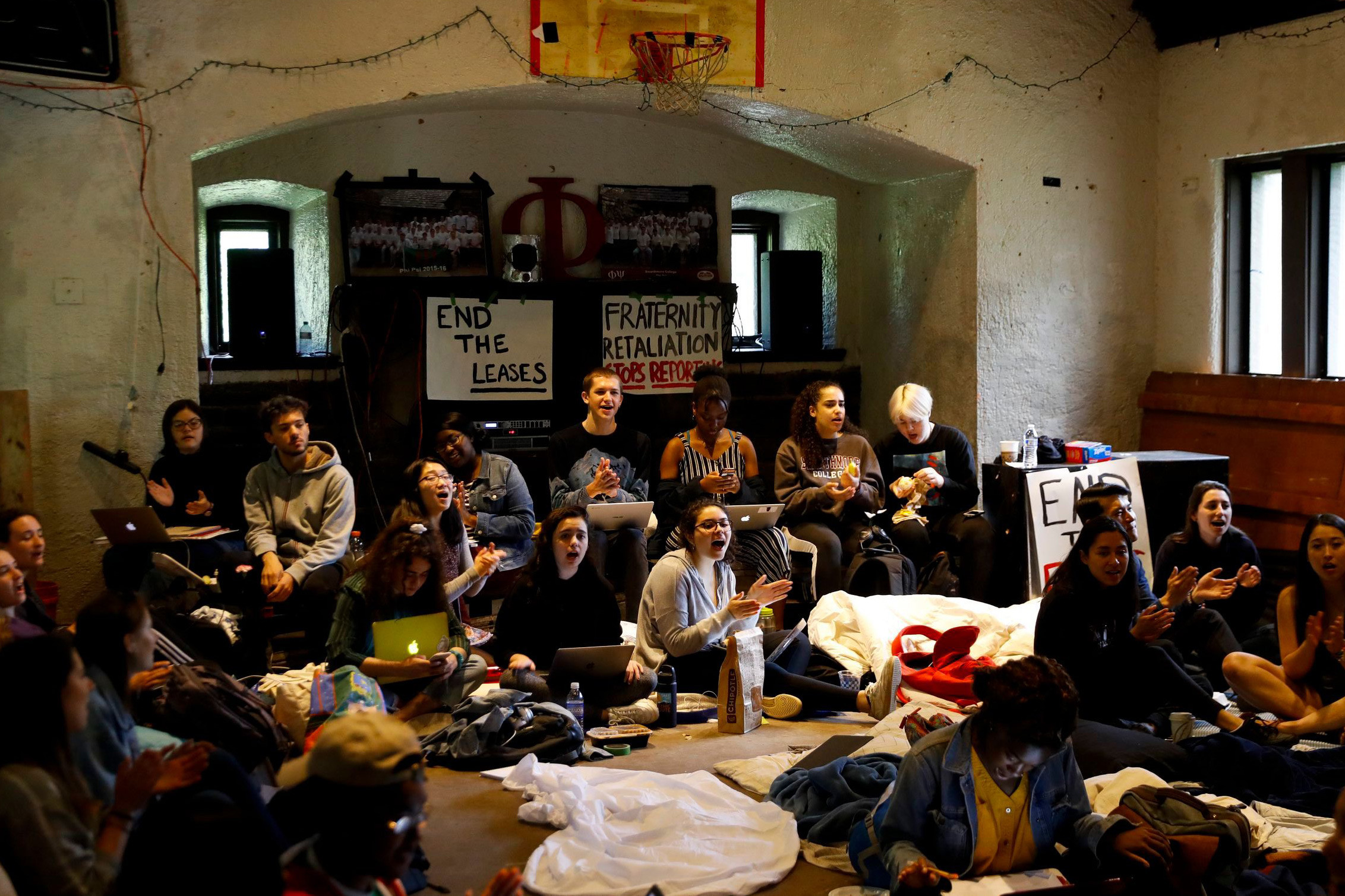Swarthmore College is permanently disbanding all fraternities and sororities on its campus, the school announced on Friday.
According to President Valerie Smith, except for the Swarthmore chapter of the Kappa Alpha Theta sorority which is allowed to continue operating with its current members through the spring 2022 semester, Greek organizations will no longer exist on campus. These student groups will also no longer be able to lease space on campus.
Smith said the decision was made in consonance with the recommendations suggested by the Task Force for Student Social Events and Community Standards committee report.
“Patterns of serious misconduct surrounding fraternities are extremely disturbing, and though the fraternities have faced numerous disciplinary actions over the years, significant problems have persisted,” the report says.
Highlighting the impact of alcohol use on the safety and wellbeing of students, the report called for increased education about safe drinking practices and the need for additional alcohol-free social events and spaces.
“A large majority of students either choose not to drink alcohol or are too young to drink legally, so it is important for campus social life to include a strong focus on both dry events and events where those who don’t drink feel welcomed,” the report added.
Last month, dozens of Swarthmore students occupied the Phi Psi fraternity house after leaked documents detailed disparaging comments against minorities, those who identify as LGBTQ, and women were made by its members.
The documents also included details of jokes about sexual assault, derogatory conversations about women, minority groups, homophobic and racial slurs.
Following protests, Phi Psi and Delta Upsilon fraternity chapters both announced their closure, calming down tempers across campus.
“The voluntary disbanding of Phi Psi and Delta Upsilon reflects a broader change in student needs and desires,” Smith said in her letter to the community.
Moving forward, the college will hold a series of group conversations in the fall to discuss the relationship between academic and co-curricular roles and programming among students, staff, and faculty.



